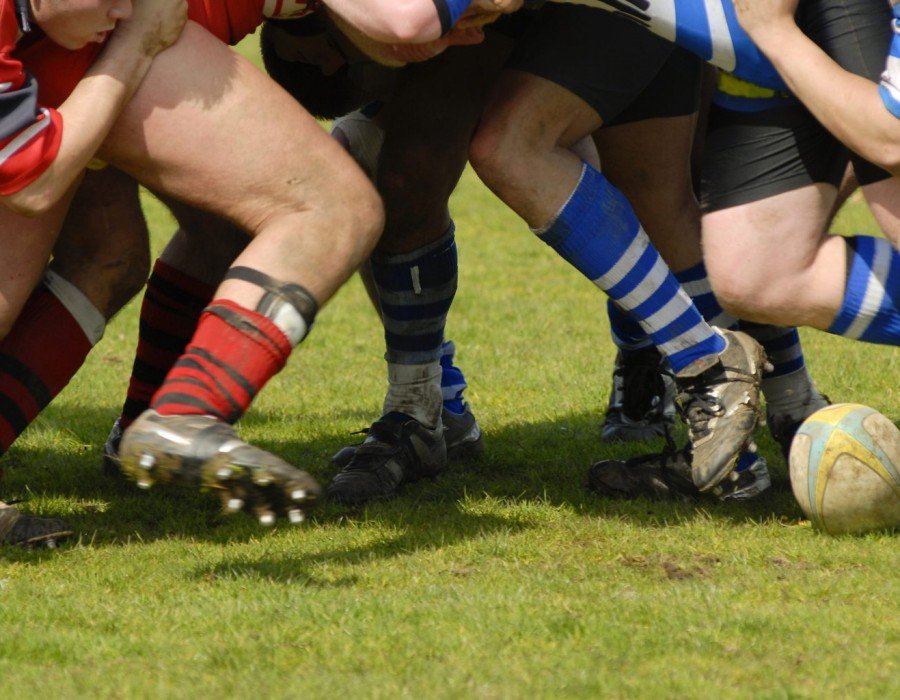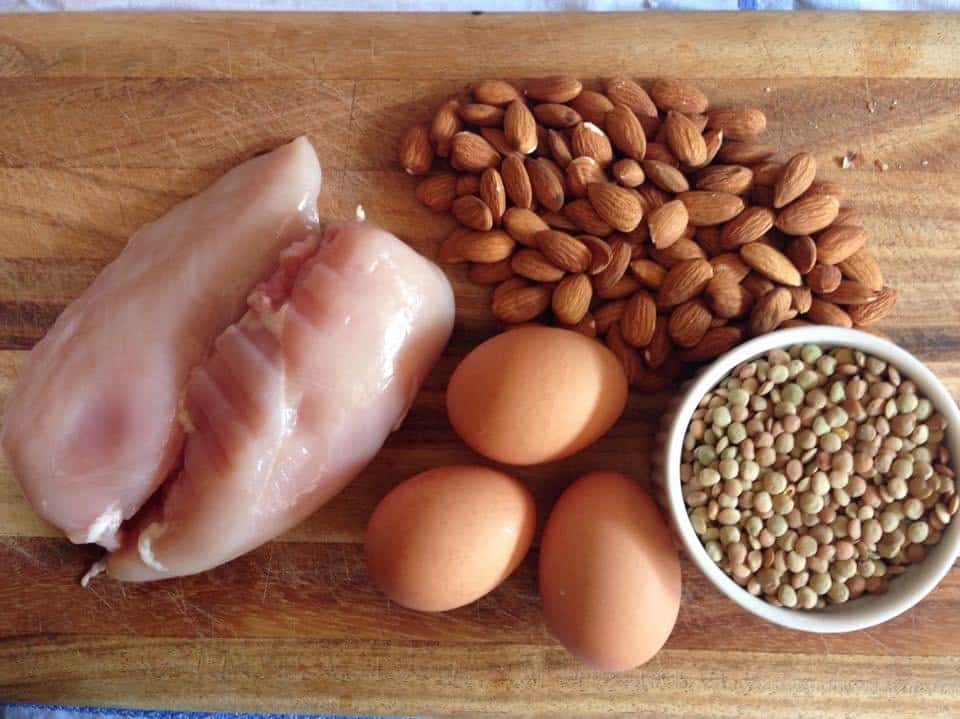Fitness and Performance
Weight Gain Diet and Training Plan for Rugby Players

Battling to Bulk
The rugby season is well underway with the premiership and national teams all battling it out for the top spot and it seems the country is becoming mad on rugby! It’s great to watch the game and relish in the atmosphere at the ground (or the pub), but the pressures the players are faced with outside of their pitch time is just as important as their game play.
Much of the focus throughout the season is to bulk up and gain weight, often with inter team competitions to award the biggest bulker with a reward at the end of the allotted weight gain period. But what is the best way to effectively gain weight? And how do you maintain the weight that you have gained throughout intensive training? Here, Victoria Monson takes a look at a few industry secrets to shed some light on weight gain diet and training plan for rugby players.
Weight Gain Diet
A weight gain diet typically consists of consuming around 200-300 grams of protein a day. This is usually boiled down to about 40 grams of protein per meal a day. Yes 5 meals may sound like a lot, but at equal periods through out the day, the bulking diet is a lot more effective.
Protein can be sought from foods such as eggs and lean meats and again 40 grams of protein can seem like a lot. 40 grams of protein can be consumed through eating approximately half a chicken, 3-4 egg omelettes with lean meats and along with these it’s a good idea to fit in some carbohydrates… But only the GOOD ONES! Meals can be supplemented by potatoes, grains, brown rice, and oats as well as lots of fruit and veg. Fitting in all of this protein can be a struggle at times, so the protein requirements can be topped up by eating high protein ‘snacky’ foods (like bananas) or protein shakes.
Why So Much Protein?

When it comes to muscle bulking, the recruitment and replenishment of muscles cells is of vital importance. Protein is the main contributor to collagen and protein synthesis within cells thus vast quantities will enhance the rate at which cells (in this case, muscle and tendon cells) are replenished and recruited. Eating correctly is not the only factor that contributes to effective weight gain and bulking, the correct training programme is also essential to aid gaining.
Training described as EDT (escalating density training) has proven to be effective when bulking is required at a fast rate. Let me warn you now… this is not for the faint hearted. The aim of the training is to complete more work in each work out than the last but within the same period of time.
For example: A 15 workout can consist of 5 sets of 5 times your 10 rep max weight. This will then increase to 6 sets and 7 sets respectively, but still fitting it within the 15 minute time limit.
Often weights need to be lowered towards the finishing stages of the overall 45-minute workout. It is also recommended to alternate the area in which you are working. Eg: Chest and back, shoulders and back then arms. The following day should then be focused on legs and the lower limb.
The weight gain diet and training plan can be extremely effective and results can be seen very quickly if you are dedicated and can handle the pressure! So next time you’re watching a game, give a thought to the players and the intensity of their training not only on the pitch, but off it as well and of the pressures they are under to bulk up in time for the start of the new season.